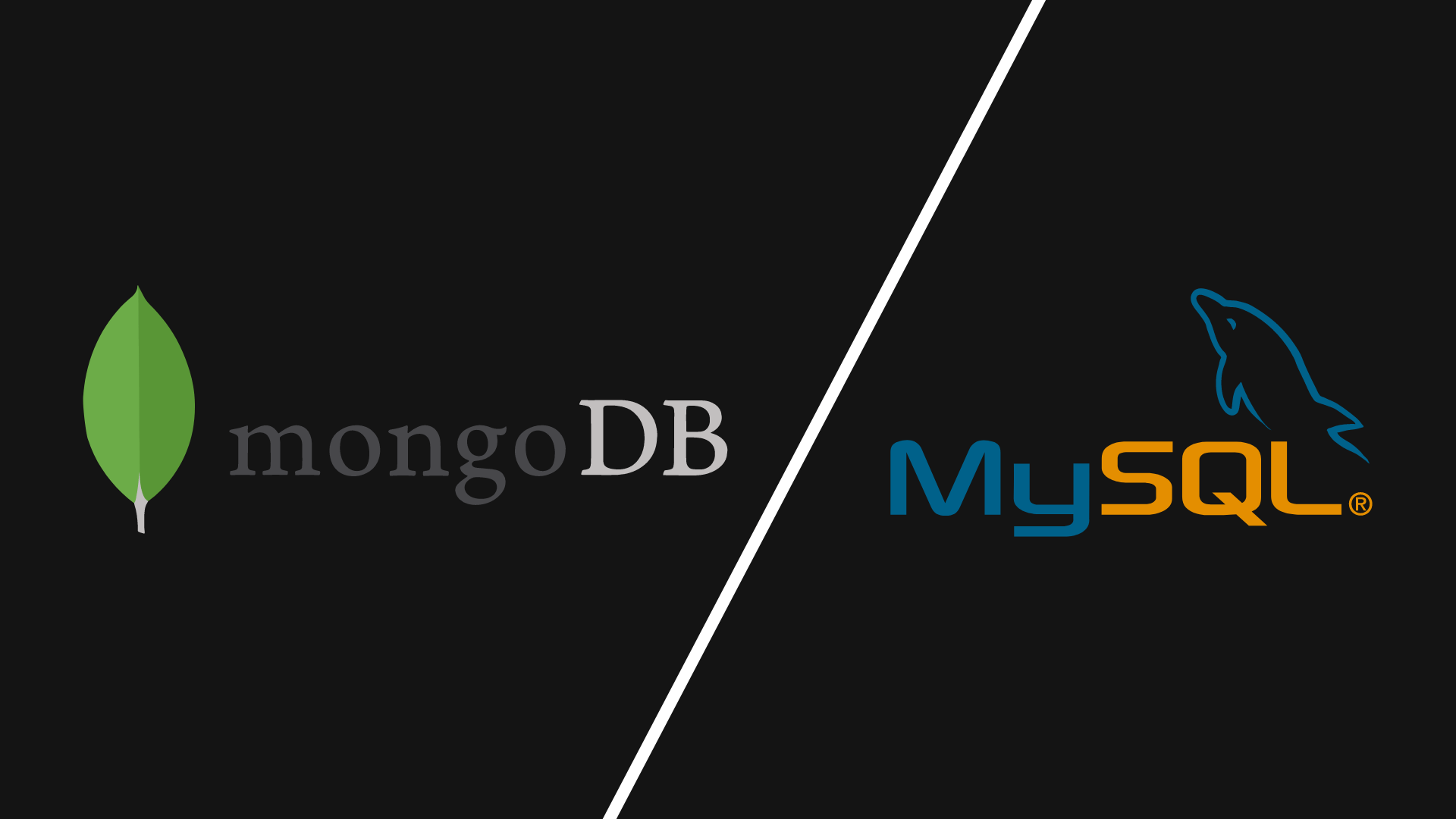If you are looking for a new database system, you may be wondering whether MySQL or MongoDB is the right choice for you. Both systems have their pros and cons, but which one is the best fit for your specific needs? In this article, we will compare MySQL and MongoDB to help you decide which system is right for you.
1. What is MySQL and what are its features?
MySQL is a popular open-source database system that is used for storing data for websites and applications. MySQL is known for its ease of use and its wide range of features. Some of the features that MySQL offers include:
– Storing data in tables
– Querying data with SQL queries
– Joining tables together
– Indexing data for fast retrieval
– Storing data in binary or text format
2. What is MongoDB and what are its features?
MongoDB is a newer, up-and-coming database system that is quickly growing in popularity. It offers many of the same features like MySQL, but also has some unique features that make it a good choice for certain applications. Some of the features that MongoDB offers include:
– Document-oriented storage
– Built-in indexing and search
– Scalability and high availability
– Support for JSON data
– Easy to use API
3. What are the advantages and disadvantages of each?
MongoDB has several advantages over MySQL that make it a good choice for certain applications. Some of these advantages include:
1. Document-Oriented Storage:
One of MongoDB’s biggest advantages is its document-oriented storage. This feature allows you to store data in JSON format, which makes it easy to work with and query. This can be especially useful for applications that need to process or display data in a specific way.
2. Built-in Indexing and Search:
MongoDB also offers built-in indexing and search, which makes it easy to find information quickly and easily. This can be very helpful for applications that need to search through large amounts of data.
MySQL also has some advantages over MongoDB, including its popularity and wide range of features. Some of the advantages that MySQL offers include:
– Wide Range of Features:
MySQL comes with a wide range of features, which makes it a good choice for many different applications. It has everything you need to store data, query data, and join tables together.
– Popularity:
MySQL is also a very popular database system, which means it’s easy to find help if you get stuck or need answers to questions. There are many tutorials available online that can teach you how to use MySQL effectively in your applications.
3. Which database system is best for you – MySQL or MongoDB?
So, which database system is best for you? It depends on your needs. If you are looking for a system that can store data in tables and you need support for SQL queries, then MySQL is the best option. If you are looking for a document-oriented database system and you need support for JSON data, then MongoDB is the best option. If scalability and high availability are important to you, then both systems will work well.
The choice really depends on your needs. You should choose a database system that fits your needs the best based on its features and capabilities.





